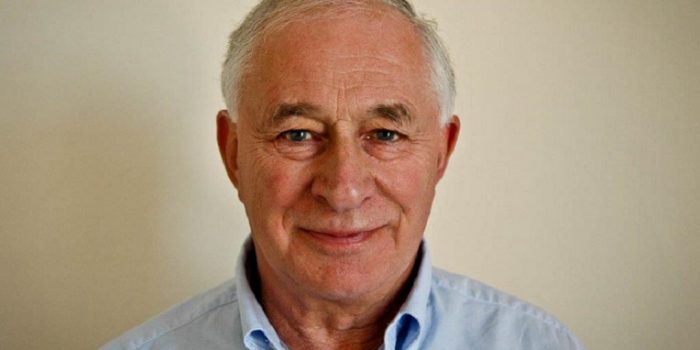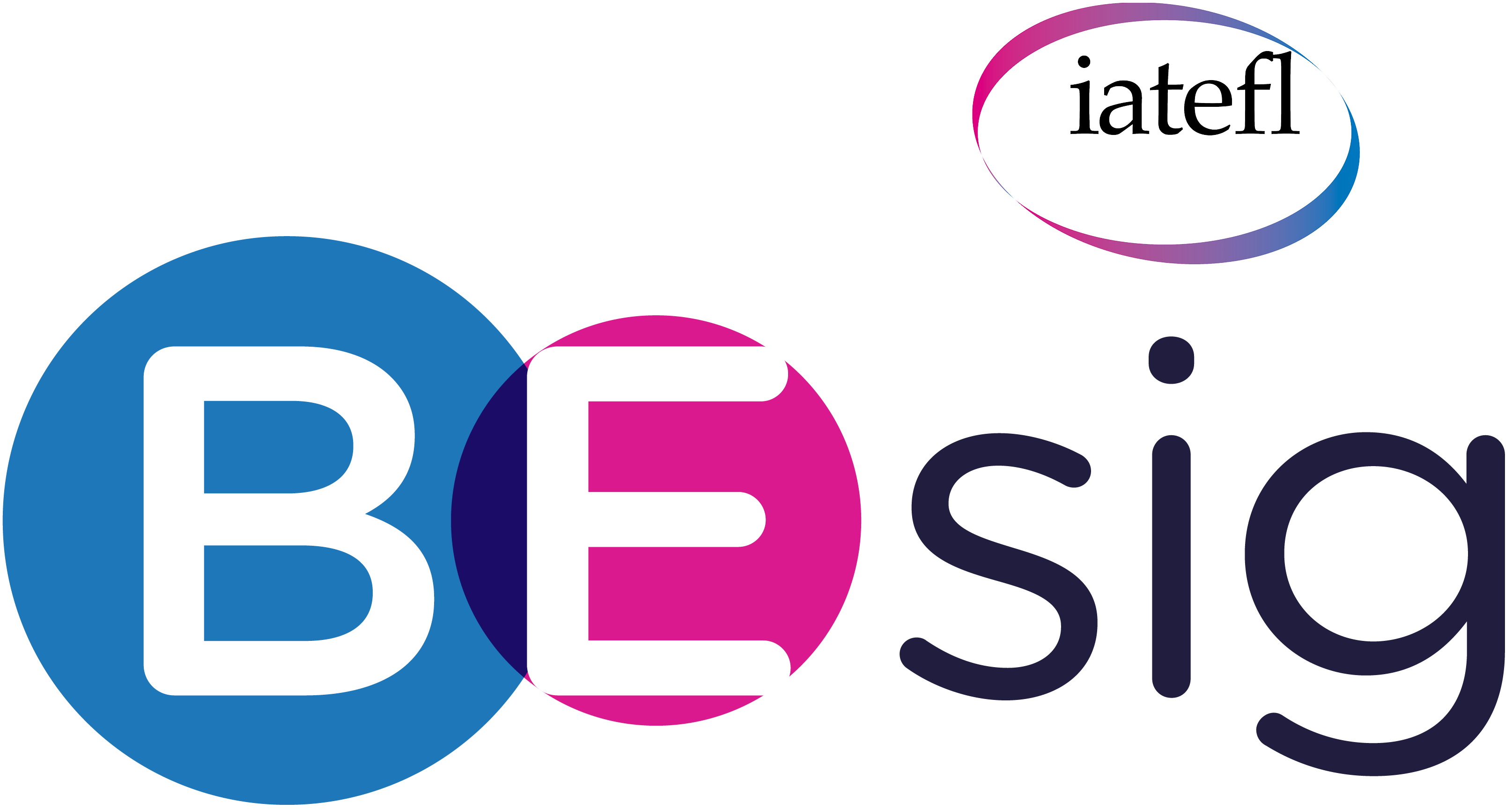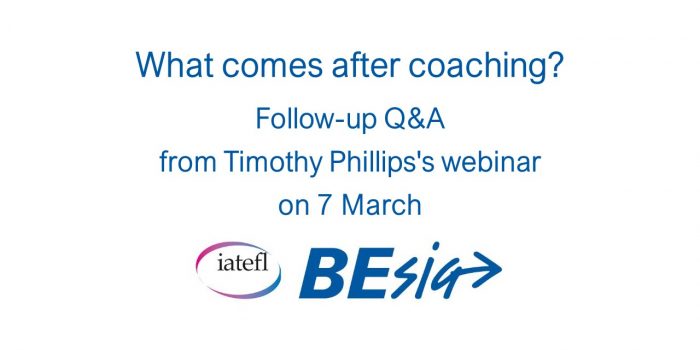
Adrian Pilbeam
Welcome back to this week’s Meet a Member interview, where we will hear the perspective and experience of longstanding IATEFL BESIG members and former committee member, Adrian Pilbeam. Read on to hear Adrian’s views on how he has run a successful training company for more than 30 years, what motivated him to volunteer for IATEFL BESIG and also what he is currently working on.
Bio: Adrian Pilbeam is the founder and director of LTS Training and Consulting in Bath. He has worked for many years as a business English and intercultural trainer. He is also an author of many books on business English, including Working across cultures (Pearson 2010). He has a particular interest in teacher training, originally for business English trainers but since 2005 for intercultural trainers. He is currently President of SIETAR UK.
http://www.lts-training.com/intrcult.html
What motivated you to volunteer as treasurer for IATEFL BESIG?
That was in the 1990s when IATEFL BESIG was still developing and I wanted to play a part, to lend my professional and business experience, and I became treasurer, probably because that was the position available. One of my big aims when I was on the committee was to make IATEFL BESIG and what it offered accessible to teachers in Central and Eastern Europe, to support the development of business English in those countries. We encouraged the formation of national IATEFL BESIG groups and helped to run local conferences on business English, culminating in the first annual IATEFL BESIG conference in the region, in Budapest, in 1998.
What was your secret to running an international business English training company for over 30 years?
Part of it was timing, because when we set up LTS Training and Consulting in the 1980s, there were not so many competitors. But finding clients was also not so easy, as there was no internet, no social media, not even email! We decided we needed to develop some USPs to help us stand out. One was publishing the quarterly professional journal, Language Training (later Language and Intercultural Training) to disseminate examples of best practice in corporate language training. Another was to become a centre for business English teacher training, and the third was to write materials for publication, first with The Economist and later Longman (now Pearson). These three things really helped to build and maintain our reputation in the profession, and to promote our name and brand as leaders in the business English training field.
You’ve developed and run numerous teacher training courses for business English teachers. What do you enjoy about training trainers?
The biggest enjoyment is sharing and exchanging ideas and experiences with fellow professionals. Sometimes this may be where we are seen as the ‘experts’, which was the case when LTS won contracts from the British Council and other agencies to run courses for business English teachers in Central and Eastern Europe, including Russia, in the 1990s. But even in those cases, we learned as much as we taught, as we had been generally unfamiliar with that part of Europe till that time. In many cases, teacher training is very much a two-way process. This is particularly true of the intercultural trainer training courses that we have been running at LTS since 2005. In these cases, although we are giving training in course design and delivery, much of the content about different cultural norms and behaviour comes from the multicultural groups of participants.
Does writing business English materials improve your BE teaching practices?
I think in many cases it works the other way round. Many of the business English materials I have written have been based on my experience as a business English trainer working with business professionals from many fields, and drawing on their experience as a source (anonymous of course) for case studies. However, the discipline of writing materials for use by other teachers means that you need to think through the activities very carefully to make sure they are robust and work well, and I have then been able to use the materials myself many times.
You started diversifying into intercultural training over 20 years ago. How has the field changed and progressed since?
I first got involved in the intercultural field in the early 1990s, partly because it is a natural extension of language training, but it soon became evident that there was a business opportunity to do training in a new area and at higher fee rates. The field then was very influenced by the work of Geert Hofstede and was very essentialist in nature, putting cultures into boxes according to the dimensions defined by Hofstede and others, such as Hall and Trompenaars. Since then there has been a reaction against this as being too simplistic, and the focus is now more on developing intercultural competence and global dexterity to enable people to manage interactions effectively. Added to this is the increasing emphasis on diversity and inclusion and unconscious bias. It has also become quite a crowded field.
How has business English changed and developed since you started out?
I’m probably a bit out of touch with where business English is now as my focus has been more on the intercultural field in recent years. When I first started working in business English it was very much a branch of ESP, with a focus on specific vocabulary and language functions such as describing trends, making forecasts, etc. But it quite quickly moved on to include business communication skills, such as international meetings, negotiations, presentations, etc. At LTS we were very much part of that trend with the publication of the Longman Business English Skills series of books on the skills just mentioned. The next development was the inclusion of the intercultural dimension in business communication and that has certainly continued up to the present day, so again we made our move into this area at a good time.
What project are you currently working on?
I have one small, ongoing project, which is writing one or two short online lessons each month based on articles from the Financial Times called Business English Premier Lessons. I have been doing this for quite some years. They are an extension of a series of books that Pearson published as part of the Market Leader series, two of which I wrote – International Management and Working Across Cultures.
But a bigger project is to convert the 5-day courses for intercultural trainers that I have been running in Bath since 2005 (Developing intercultural training skills and Designing and delivering intercultural training) into a blended learning format for online delivery.
Questions by Mandy Welfare
Editing by Christopher Chandler
6th December 2020
MEET A MEMBER is available to IATEFL BESIG members and non-members alike but only features our current members. Another reason to join us and “BE with BESIG.”



